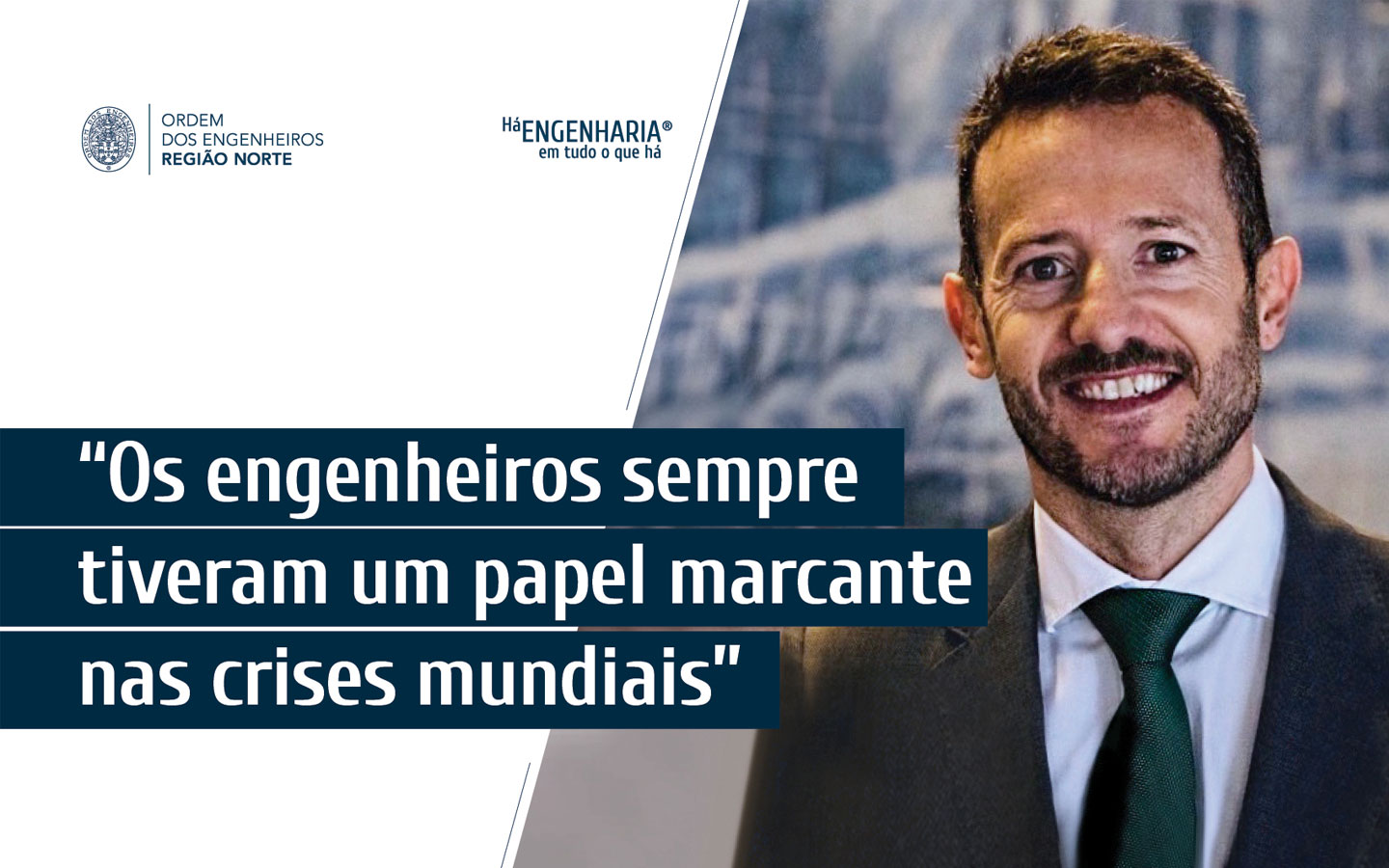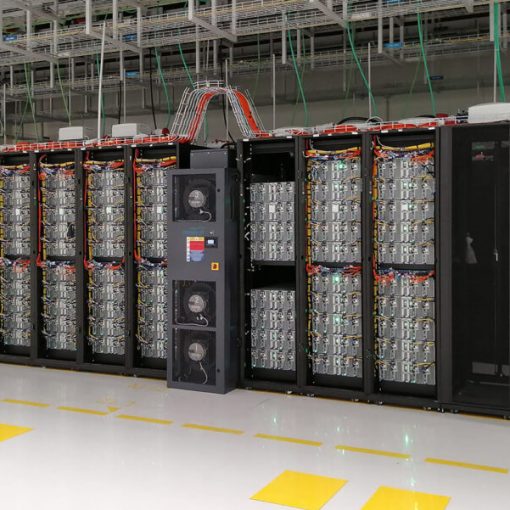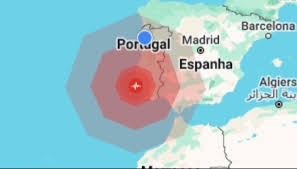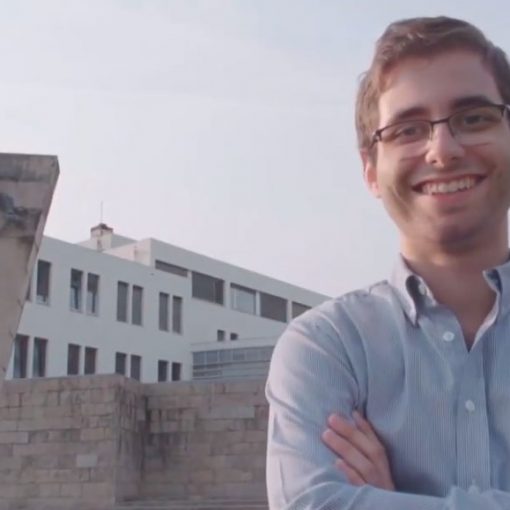
Pedro Arezes, Dean of the School of Engineering at the University of Minho (EEUM) shares with us a reflection on the role of Engineering, engineers, and academics, in the current context in which we all question the future. The dean of the School of Engineering recalls that universities must be prepared to “respond to the needs of society, in terms of human resources, knowledge, tools, processes, and innovation” so the initiatives of the academic community to help to fight the virus are “a natural response”.
Among many other details, this interview reveals an enormous pride in what is developed by students, teachers, and researchers from this institution. Pedro Arezes believes that the training that the EEUM provides to students “should prepare them to respond from a technical point of view, but it should also give a humanistic and citizenship approach, characteristics that are essential in crises such as the one we are experiencing”
Is there an extra requirement for engineers, who are expected to be proactive and provide solutions to help fight the virus?
Not being a requirement, I believe that there is a great expectation among engineers. And we at the EEUM train our students with this objective, that of being able to respond to complex situations with constructive and innovative solutions, whether for pandemic situations or in other contexts. In this specific situation in which society needs the help of everyone, the expectation of our students is even greater in the sense that the training we have must prepare them to respond from the technical point of view, but, equally important, it must confer a character humanist and citizenship, characteristics that are essential in crises such as the one we are experiencing. We work with our students not only on their technical or technological skills, but we are also increasingly committed to working on their transversal skills, such as the capacity for critical reflection, communication, leadership, empathy, and many others that will allow them to students are professionals of excellence and, of course, citizens in all their fullness. One of these contributions, which particularly impressed me, was the initiative of the organizing committee of the EEUM Informatics Engineering Days, which decided to donate the amount obtained during the organization of the last days (around € 10,000) to the League of Friends of Hospital de Braga with the objective (already achieved, I must mention) of purchasing more ventilators for this hospital unit.
Do you believe in profound changes in the job market for Engineering after this period?
The future of the labor market will not return, at least immediately, to the situation we had just before the pandemic. However, my optimism leads me to believe that in this more difficult context, the area of Engineering and technology in general may have a faster recovery. My opinion is based on the fact that I think that the recovery of the economy may be faster than in other previous financial crises and because it seems to me that the area of technology may end up creating new opportunities for products and services that allow it to recover faster. Even in the industrial filed, it seems to me that there may be new opportunities. I have in mind the example of the textile and footwear area, where it seems e that much of the production that was located in Asian countries, might be called back to a European geography.
But there will be areas of Engineering that will suffer…
I fear that in other areas, such as construction, the positive development that has been observed recently, namely in the so-called “new construction”, will be interrupted and take much longer to be recovered. Economic recoveries are always difficult and complex, but companies and institutions will have to do it and be creative to reinvent themselves. It is in this “reinvention” that recent graduates of Engineering may have some additional advantage when compared to other groups of the population.
Universities and polytechnics have played a very active role in finding solutions to combat this pandemic. What is your comment?
Frankly, and without false modesty, I see these initiatives as a natural response. In these situations, we are all called upon to help, and the academy, not only in the area of Engineering, has tools and knowledge that allow us to respond more quickly. There has been some media coverage around the responses with a more technological nature, such as the development of low-cost ventilators, the modeling and 3D printing of protective masks, the development of diagnostic tests, or the production of alcoholic disinfectant gel. However, there are many academics working in less mediatic fields, for example, to develop plans for the effective maintenance of biomedical devices in hospitals, to develop IT platforms and applications that allow more effective management of data that exists about the pandemic, in planning logistics and optimization of existing hospital equipment, just to name a few examples. The mission of universities often has references to the application of the knowledge developed in these institutions and, in the particular case of UMinho, it even does so with the stated objective of “building a model of society based on humanistic principles, which has the knowledge, creativity and innovation as growth factors, sustainable development, welfare and solidarity” . Therefore, a university must be prepared to respond to the needs of society, in terms of human resources, knowledge, tools, processes and innovation. In short, one must be creative enough to find a solution to the challenges that may arise, like the one we are experiencing.
What is the School of Engineering School developing?
Although at the School of Engineering (EEUM) we decided not to invest in the excessive media coverage of the initiatives that have taken place in this context, it is fair to mention that, immediately, several initiatives appeared from our students, alumni, teachers and researchers. All of them aim to find creative solutions for this period, from the production of head gear, masks, ventilators, to coronavirus diagnostic tests, the latter in collaboration with the UMinho School of Medicine. These initiatives reflect the position of the EEUM, and the members of this academic community, regarding the need to have a close connection to society and the business community, also giving a more practical aspect to our teaching model. We have even created a communication platform between the entire academic community, for sharing information and resources in this area, which has put us in contact with numerous IPSS and several hospitals and healthcare units. I have no doubts that in the EEUM, and in almost all higher education institutions, there was a clear proof of what scientists and, therefore, the Portuguese scientific and technological system is capable of in building progress and a better society.
What are the important steps to take so that young engineers and recent graduates can have opportunities in the job market which will, of course, be more difficult to enter?
EEUM is already beginning to think about how it can strengthen its role in this recovery. Many of the activities that we already had in this regard will now be strengthened. There are countless activities that we do in this field, such as the UMinho Mentoring program, the internship protocols with companies, the Careers 4.0 program, support for technology-based entrepreneurship and the creation of their own jobs, the EEUM Profession Day (dedicated to presenting various career solutions, with several external partners), etc. An important event that we have is the “EEUM Employment Day”, where we usually host many companies for close and direct interaction with our students. This past February, we had an offer of more than 3000 career opportunities offered by practically 100 companies from all over the country.
How do you see the future of the countless startups that were born in recent years, many of them dependent on tourism and technological companies that have been implemented in the North of the country?
Startups almost always start with excellent ideas, but with great difficulties to assert themselves in business terms. The coming times will be challenging as they will create additional financial difficulties, not least due to the loss of value that has been observed in the banking sector and groups of investors and, above all, by the uncertainty and mistrust that will exist in this recovery period. The usual resilience of these startups will be, I think, an essential tool for their survival and to carry out their ideas. At the end of 2019, the spin-off ecosystem of the University of Minho totaled 45 projects, of which about 80% emerged from projects based on EEUM research. Most of our spin-offs are in the area of biotechnology, information technology and information systems, Textile, Mechanical and Industrial Engineering, so we are convinced that their relevance and opportunity will remain, even seeing enhanced business opportunities in the mid-term. And if it is true that the tourism sector will be more penalized by this crisis, I am convinced that many of the startups that are created from the EEUM still do not have a predominant orientation for this sector, which will ease the “pressure” on our spin -offs. In summary, I believe that our entrepreneurs have shown an enormous capacity for resilience and to respond to the challenges we face. For this reason, it will be relevant for startups to also be considered in accessing lines of financing that are being considered by the Government and that appropriate measures are created to encourage their financiers to maintain investment in these entrepreneurs.
New technologies and distance learning have proven that there is scope for other forms of teaching. Do you believe that there will be a paradigm shift in the way we teach?
I am convinced that it will. My conviction is based not on the previous lack of knowledge about the tools available for distance learning, but above all, because it was often the simple lack of time that did not allow teachers to explore all the potentialities that these new tools technologies can bring to the process of remote learning. This situation of isolation allowed, even if not necessarily smoothly, for teachers to have the possibility to create teaching materials in new formats. I think this paradigm shift will be a reality in higher education, where for some years we have been trying to implement a learning process based on the autonomous work of our students.
So, the University will not lose its “physical” role in the students’ lives?
This phase also allowed everyone, faculty and students, to realize the central importance of the physical structure of a university, as we also clearly perceive that this is what enables us to have the necessary interaction with other colleagues, whether at academic or professional level, and that strengthens the feeling of connection and belonging to the institution and its history. In the case of engineering education, it is also more noticeable that there are physical structures, such as laboratories, whose importance is central to the learning process. I would also like to point out that at the EEUM this transition went smoothly, and it is remarkable to note that the teaching staff, students, and staff responded quickly and efficiently to this new reality. Of course, the University is still solving some issues related to resources, or the lack of them. In this sense, UMinho launched a campaign very recently that aims to identify these situations and obtain computer equipment from society and our alumni, so that all our students can have access to the necessary means.
How do you expect the return to normality in an institution with thousands of students from all over the world like UMinho?
It will certainly be a new situation which, I presume, will still be marked by uncertainty and uncertainty. Uncertainty regarding what awaits us within this new normality, but also some suspicion about whether our actions will be safe. I imagine that some of our activities will undergo significant changes, I am thinking for example, in the case of events that gather a large number of people and that probably will not happen again anytime soon, as well as the various trips that the EEUM community did and it also seems to me that it will take its time to normalize. But one of the great things about the younger generations is that, together with their high resilience, they have a wonderful ability to adapt, so I am sure that very soon UMinho campi will again be filled with ideas from their usual brilliant minds. For all the EEUM community, I think we have to see this as an opportunity, as a time for learning, and as a unique social experience that allows us to learn and to implement values that do not always guide us, as empathy, solidarity, recognition, among others. Right now, I hope that there will be a strong and adequate response by the various governments and that the return of students from different countries to the EEUM will be closer. We all want a quick return, but above all, let it take place with the maximum safety and comfort possible. We will follow closely the guidelines given by the DGS and other health authorities, as well as the guidelines given by the Rectory of the University of Minho
How can the Society of Engineers (OE) have a more active and decisive role in the post pandemic and in supporting its members?
I understand that OE may develop some initiatives aimed at strengthening the image of Engineering professionals, acting as an agency that promotes the class in the business economic fabric. The Society of Engineers was already working in some areas, but now it is becoming more urgent and relevant, for example, in defending the skills of engineers, namely when there is a temptation for them to be assumed by other professionals, or the support for the creation of internship opportunities for recent graduates with companies. In this period of crisis that we are still experiencing, OE may be the strongest interlocutor with government entities to warn about the fragile situation of some companies in the field of Engineering and, above all, to claim support aimed at professionals who are in situations of difficulty in this period of crisis.
Can you leave a message to all engineers and engineering students who will read this interview.
Engineering and engineers have always played an important role in the great world crises, from pandemics to natural disasters, not to mention world wars. I am sure that this pandemic will also serve to show that what we teach in Engineering, the tools, creativity, the ability to foresee solutions, collaborative and multidisciplinary work, the taste for challenge, critical thinking, solidarity and humanist principles, are part of our DNA. Curiously or not, they are also these same characteristics that we aspire to constitute the indelible mark of those who graduated from the EEUM.
To sum up: Is there engineering in everything there is?
Certainly. In other words, Engineering is omnipresent. Everything, results from any process and its creation. And where there is a creative process, there is the possibility of it being studied and improved through science and technology for the benefit of all – this is Engineering.


